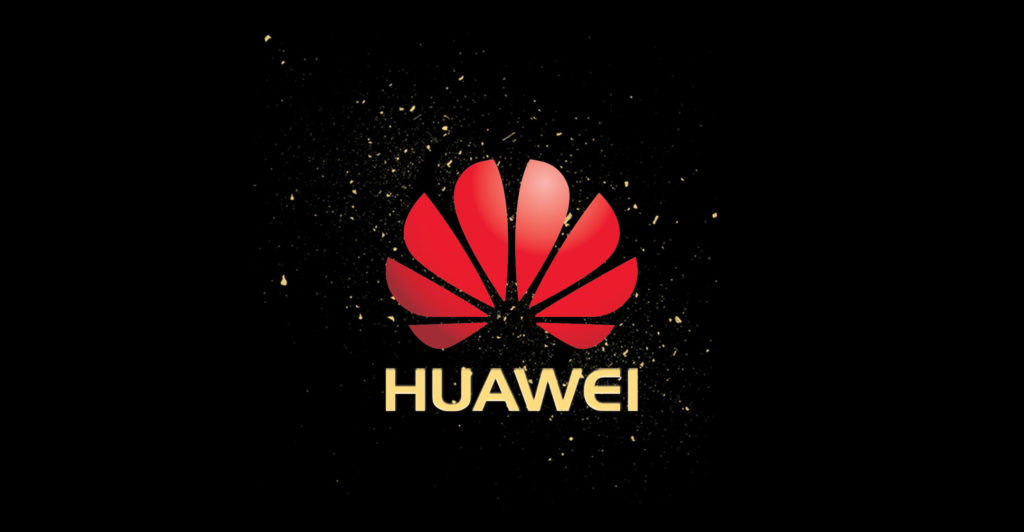 Huawei Technologies, the Chinese technology giant barred from doing business with US suppliers, is finding a way around the strict limits imposed by the Trump administration.
Huawei Technologies, the Chinese technology giant barred from doing business with US suppliers, is finding a way around the strict limits imposed by the Trump administration.
The commerce department, citing national security concerns, has largely forbidden American companies from selling Huawei the computer chips it needs to make a piece of equipment integral to newly introduced high-speed wireless networks. In response, China’s largest technology company ramped up its own capabilities to manufacture the gear, which is known as a base station.
In a sign that the self-reliance is working, Huawei in the fourth quarter sold more than 50 000 of these next-generation base stations that were free of US technology, according to Tim Danks, the US-based Huawei executive responsible for partner relations. That’s only about 8% of the total base stations that Huawei’s sold as of February, but the company is quickly ramping up at its secretive HiSilicon division to make more of these American component-free devices, Danks said.
“It’s still our intention to return to using US technology,” he said. The longer Huawei goes without access to US suppliers, the more unlikely it is to be able to return to using them, Danks added.
A base station is a typically suitcase-sized piece of machinery that’s used to help connect wireless phones to fixed-line networks carrying Internet traffic, and it’s an essential ingredient in the next, or fifth, generation of mobile networks. Popular among telecommunications providers, Huawei’s base stations are widely considered among the most reliable for the price.
US officials accuse Huawei of stealing valuable intellectual property and violating a trade embargo with Iran. The Trump administration blacklisted the company last year, saying there’s a risk Huawei could give Beijing access to sensitive data coursing through telecoms networks that employ its gear. Huawei has denied the allegations. Critics also said the US government imposed the sanctions to hobble China’s leadership in key aspects of 5G technology.
Chinese chips
As of early February, Huawei had shipped about 600 000 5G base stations to mobile phone companies racing to upgrade networks to the new standard, which is designed to deliver data at faster speeds to a broad range of wirelessly connected devices — not just mobile handsets. Most of these base stations were made using stockpiled chips bought before the ban.
While Huawei doesn’t disclose its suppliers, base stations typically rely on a kind of processor called a field programmable gate array that’s made by Intel, a chip-making colossus based in Santa Clara, California, and Xilinx, in neighboring San Jose. Those chips provide flexibility that makes it easier to update machines as new standards and features are added. Huawei’s chips are application-specific, meaning they’re tailored to particular functions and it takes more time and money to replace them. That’s a disadvantage at a time when new technology, such as 5G, is in its infancy and still subject to big changes.
The US initially clamped down on all shipments of US supplies to Huawei, which had spent more than US$10-billion a year on US products, but later began making some exceptions. Xilinx and fellow chip makers Micron Technology and Broadcom have all reported falling earnings on reduced or eliminated sales to Huawei.
 Attempts by the US to persuade European and other allied countries to ban Huawei equipment have fallen short, and chip makers in Asia and Europe continue to supply it.
Attempts by the US to persuade European and other allied countries to ban Huawei equipment have fallen short, and chip makers in Asia and Europe continue to supply it.
For their part, American chip makers have argued that banning the supply of parts that Huawei can get elsewhere is counterproductive, saying that the lost revenue crimps research and development budgets and the ability to produce the best chips in the future. Huawei’s HiSilicon chip unit designs semiconductors and has them manufactured by industry-leading plants owned by Taiwan Semiconductor Manufacturing Co. But Washington is even now said to be looking into ways to curb the world’s largest contract chip maker on grounds of national security, and deprive Huawei of its largest semiconductor manufacturing partner.
The Chinese company led the market for base stations with a 28% share last year, according to New Street Research. The investment company predicts demand for that equipment will rise this year with the 5G network build-out. Nokia and Ericsson are its two largest competitors in this market. — Reported by Ian King, with assistance from Gao Yuan, (c) 2020 Bloomberg LP

